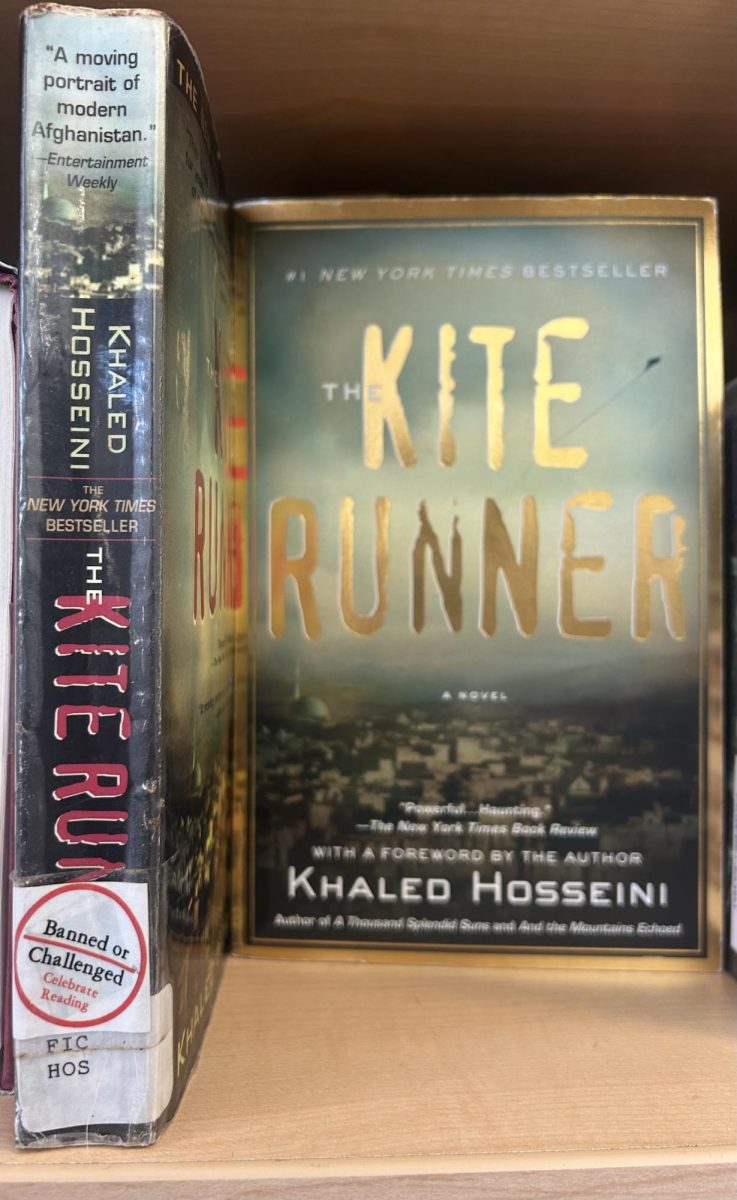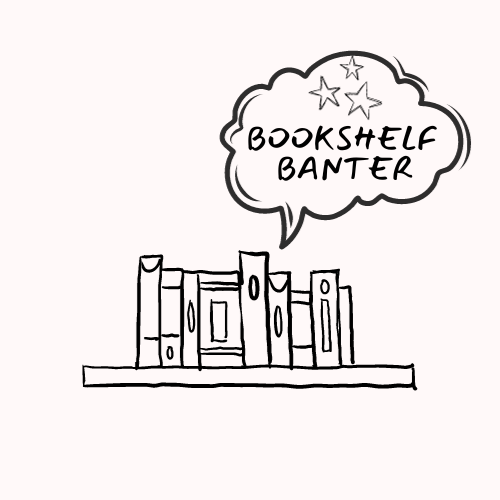Do you think it’s fair for the government to restrict access to specific literature in schools, libraries and other public spaces, or do you think that’s a violation of the First Amendment?
In the most recent school year, 10,046 books were banned from public schools in the United States, a 200% increase from the previous year.1 Believing these bans are unconstitutional, multiple publishers have filed lawsuits against the state of Florida. Florida is known for having the most extreme and controversial restrictions to literature out of all fifty states.
Currently, book bans are being regulated by the states, not the federal government. If a state bans a book, the book will be removed from all shelves in libraries and schools state-wide. Since most publishing companies and bookstores are privately owned, the government cannot legally interfere with the products they market to customers. This means banned books can still be promoted, advertised, and sold to the public. Now, you’re probably wondering why this is such a big deal.
Even though they can still be obtained personally, removing certain pieces of literature from public access can significantly diminish students’ knowledge and comprehension of global issues. It’s also important to recognize that not every student is physically or financially able to access books outside of public spaces.
The famous novel ‘The Kite Runner’, by Khaled Hosseini teaches about the history of Afghanistan, the rise of the Taliban, and the fall of the monarchy from the perspective of a young boy named Amir. This award winning piece of literature was taught in schools for decades, before becoming one of the most frequently banned books in 2024, with 73 bans in the most recent school year.2
Until these recent bans, ‘The Kite Runner’ taught students about the importance of making mistakes, taking accountability, and possessing political awareness. Depriving teenagers of important moral lessons and skills that will help them navigate adult life could be harmful to the development of future generations.
It’s vital to recognize that there are different degrees of censorship. While the United States may not be burning books in the street, restricting access on public shelves can still be harmful to the intelligence and awareness of our population.
- American Library Association. “Book Ban Data | Banned Books.” Www.ala.org, American Library Association, 2024, www.ala.org/bbooks/book-ban-data
- “Book Bans – PEN America.” PEN America, 9 Sept. 2024, pen.org/book-bans/.
- Oladipo, Gloria. “US Public Schools Banned 10,000 Books in Most Recent Academic Year.” The Guardian, The Guardian, 23 Sept. 2024, www.theguardian.com/us-news/2024/sep/23/pen-book-bans.




